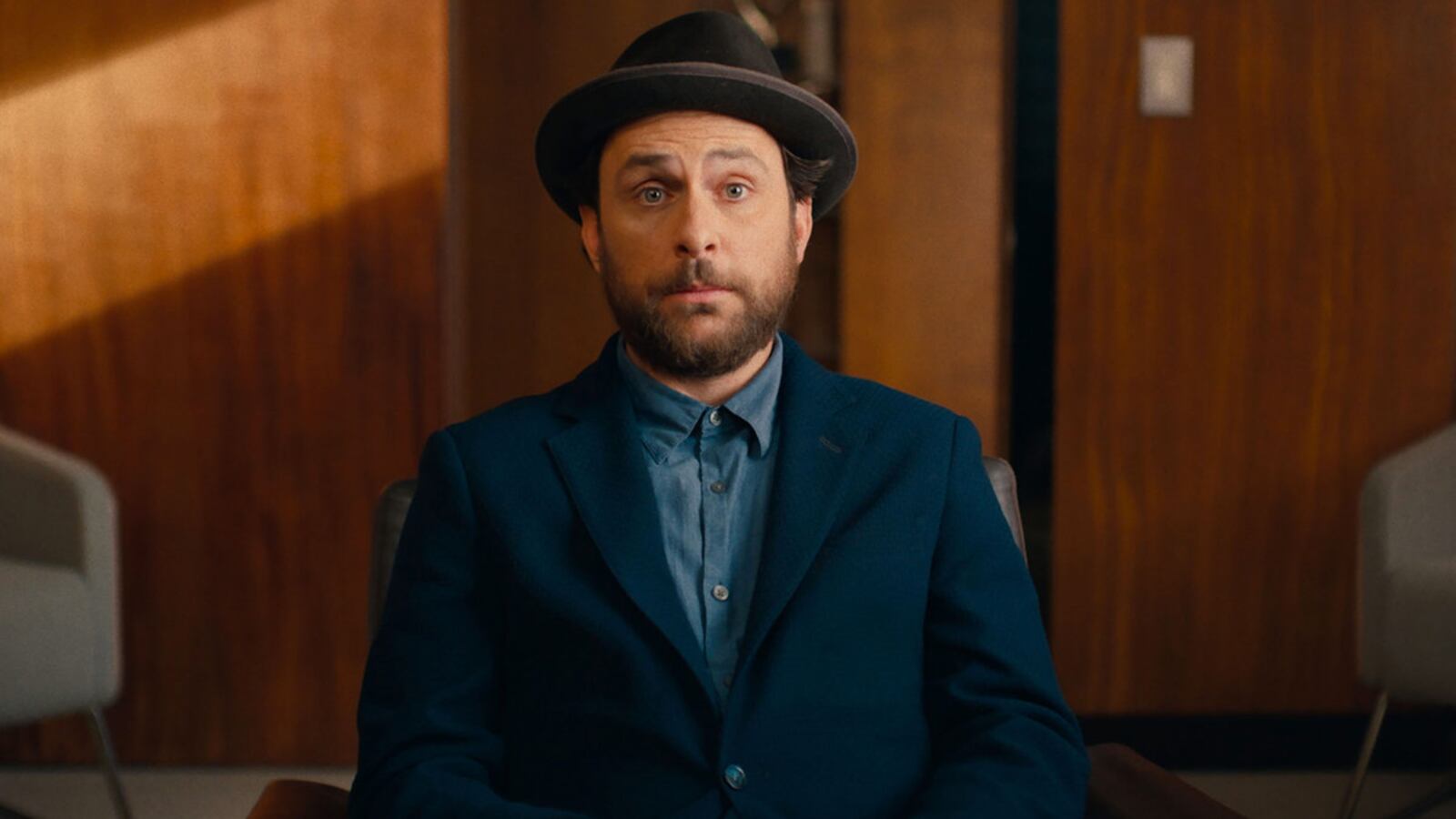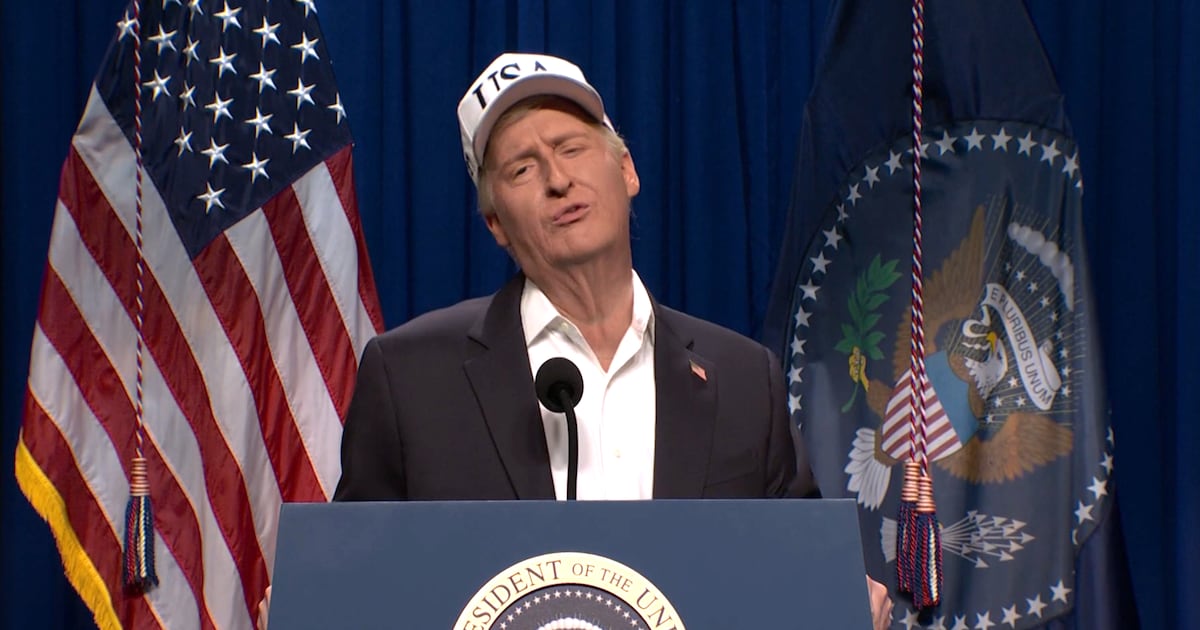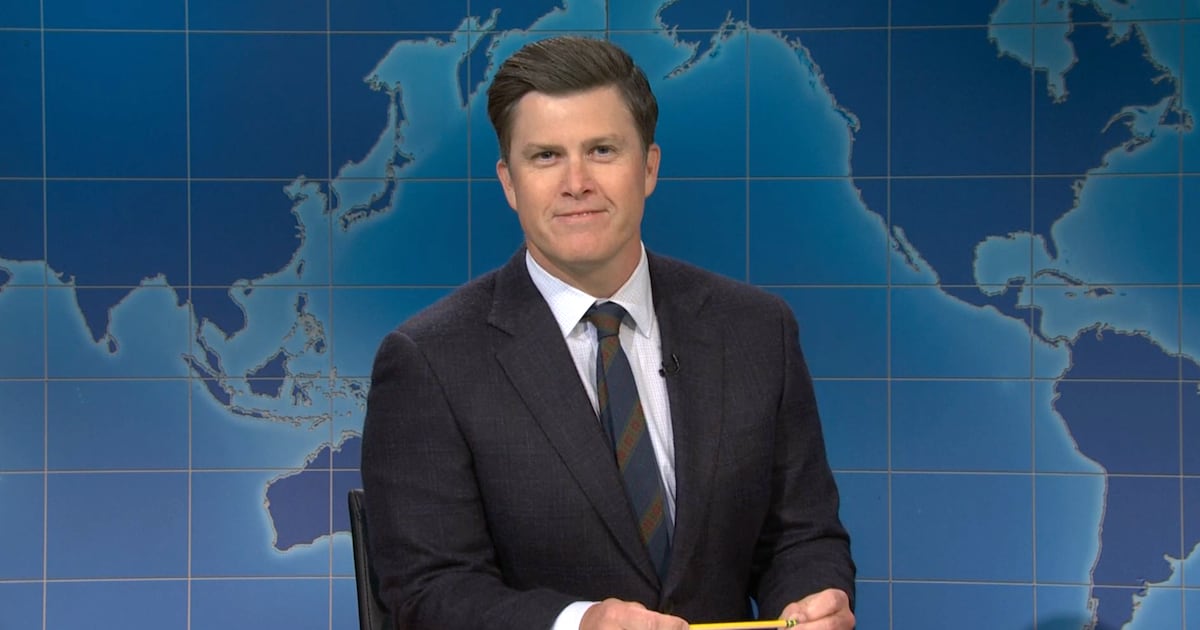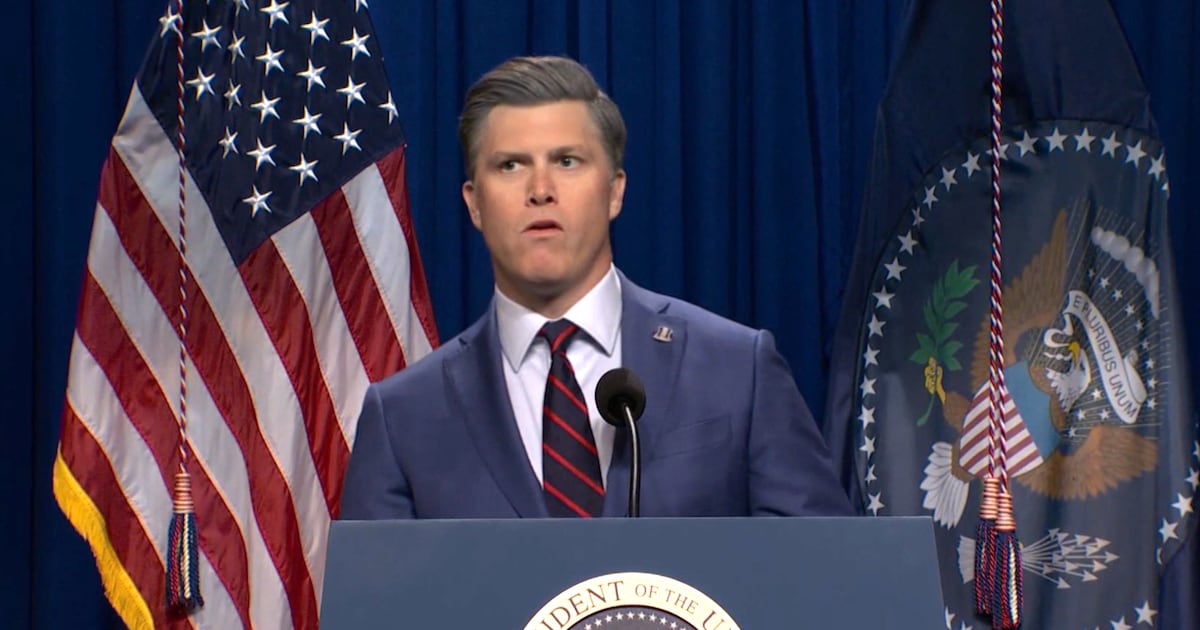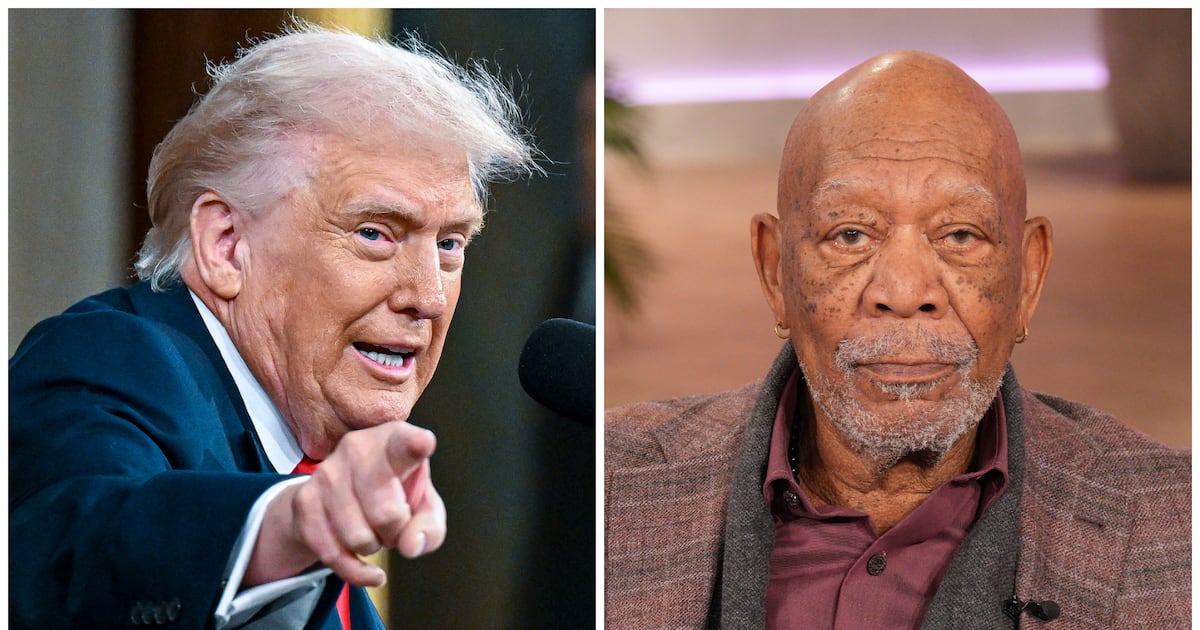Motor-mouthed comedian Charlie Day goes the silent route with Fool’s Paradise, doing his best Buster Keaton routine (pork pie hat included) as a seemingly mentally challenged person who stumbles his way into Hollywood stardom.
Alas, whether quiet or noisy, his big-screen comedy (in theaters May 12) is a satire that’s neither sharp enough to make its industry skewering sting, nor sweet enough to compensate for its toothlessness. A few funny cameos aside, it’s a lampoon (written and directed by its lead, and boasting no relation to Cecil B. DeMille’s 1921 romance of the same name) without a rough edge in sight.
While Day dons Keaton-esque attire and refuses to speak throughout, Fool’s Paradise is less The General than Being There, Hal Ashby’s 1979 adaptation of Jerzy Kosiński’s novel in which Peter Sellers played a simpleton gardener whose platitudes about horticulture are taken as expressions of wisdom, and who’s consequently swept up by others into a position of political power.
A similar fate befalls Day’s initially nameless loner, a nobody who suffers from a “medically undefinable” condition—he has the mind of a 5-year-old or a Labrador retriever, understanding very little and being easily influenced by others— and is released onto the streets of Los Angeles, where he wanders about homeless encampments and finds work with a group of migrant day laborers. His fortunes change, however, when he tries to sell a bag of oranges to a producer (the late Ray Liotta) who immediately whisks him away to a movie set.

As luck would have it, Day’s man-child is the spitting image of a famous actor (also Day) who’s thwarting the shoot of a Billy the Kid blockbuster with his temperamental method-acting antics. Liotta’s moneyman thus has the bright idea to replace his difficult A-lister with Day’s lookalike, this despite the fact that his new hire never utters a sound and has two primary expressions: nervous befuddlement and grinning-idiot naïveté.
In front of the cameras opposite his castmates Chad Luxt (Adrien Brody) and Christiana Dior (Kate Beckinsale), the amateur is perplexed, repeatedly staring directly into the lens. Nonetheless, by naturally following Liotta’s producer’s instruction to “do nothing” (“it works for tons of actors”), Day’s clown becomes an overnight sensation. In the process, he accidentally receives a name, courtesy of Liotta’s urgent drink order: “Latte Pronto.”
This is no more than cute at best, and Fool’s Paradise doesn’t pick up steam once Latte inadvertently lands on the fast track. Central to the film’s plot is Latte’s unlikely relationship with Lenny (Ken Jeong), a struggling publicist whose talk is as big as it is empty. Lenny is a sleazy wannabe with no connections but plenty of desperation, and upon sneaking onto the studio lot and watching Latte make it through his first day of shooting, he slides right into his orbit and takes him on as a client.
When Latte subsequently transforms into a phenomenon—thanks in part to his habit of breaking the fourth wall, which is praised by Variety despite it being a symptom of his cluelessness—Lenny is right by his side. The publicist works strenuously to solidify their bond as a means of realizing his own ambitions and avoiding being pushed aside by legitimate bigwigs (such as Edie Falco’s agent) who soon want to help propel Latte into the stratosphere—and, in doing so, to take their piece of his lucrative pie.

Fool’s Paradise presents Hollywood as a shimmering arena populated by pretentious, greedy me-first idiots and crazies who shoot guns out the windows of their speeding muscle cars (Brody’s Chad), adopt foreign-born children to make themselves look better (Beckinsale’s Christiana, whom Latte winds up marrying), and act like entitled blowhards who care about nothing but themselves.
Into that last category falls Lex Tanner (Jason Sudeikis), a renowned director of a Fast and Furious-esque franchise who hires Latte to be the main attraction in a superhero movie called Mosquito Boy. For that role, he’s forced into insectoid makeup by a scary figure straight out of Marathon Man and, on a green-screen set, is pelted by tennis balls fired from a contraption made by a SPFX technician (Jason Bateman), thereby completing the de facto Horrible Bosses reunion. Throw in a brief appearance from It’s Always Sunny’s Glenn Howerton, and Day’s best friends are all here, doing the sort of ho-hum schtickiness that’s more pleasant than amusing.
Save for Sudeikis’ auteur repeatedly yelling “Play time!” to roll cameras, and Brody’s full-of-himself actor talking up his love of the streets, Fool’s Paradise doesn’t elicit much in the way of actual laughs. Its industry send-up has a few choice moments, such as Chad repeatedly rejecting staffers’ attempts to provide him and Latte with chairs on which to sit at the Craft services table.
Yet even those are pretty mild, as is the overarching idea that Hollywood is full of phonies, egomaniacs and strivers who care solely about power, wealth and fame. An encounter with a corporate conservative fiend played by John Malkovich allows Day to twice reference Dr. Strangelove, thereby further underscoring Peter Sellers’ influence on the proceedings (with a little David Lynch flavor to boot). The film, however, has little to say about its chosen milieu that hasn’t been said before, and with a far spikier tongue. Robert Altman’s The Player this is not.
Day makes Latte a cheerful blank-slate onto which everyone else projects their hopes, dreams and fears, but his rapid-fire ascent plays as a gimmick without weight, since it’s impossible to comprehend why anyone—even Hollywood’s most vapid—would think that his clumsy, dim-witted incompetence was compelling, much less the stuff of superstars.

More frustrating, though, is the film’s attempt to generate late pathos via the relationship between Latte and Lenny, which makes no sense given that Lenny spends most of the movie simply using Latte as his own meal ticket—and, also, because Jeong’s publicist is a grating caricature without empathetic substance. Despite Jon Brion’s romantic-ode-to-LA score, there’s nothing moving about this portrait of La La Land, which comes complete with one setting meant to recall the spot where La La Land staged its signature twilight dance number.
Its derision undercut by its affection, Fool’s Paradise gets stuck in a genial middle ground that’s the enemy of genuine humor.
Liked this review? Sign up to get our weekly See Skip newsletter every Tuesday and find out what new shows and movies are worth watching, and which aren’t.

